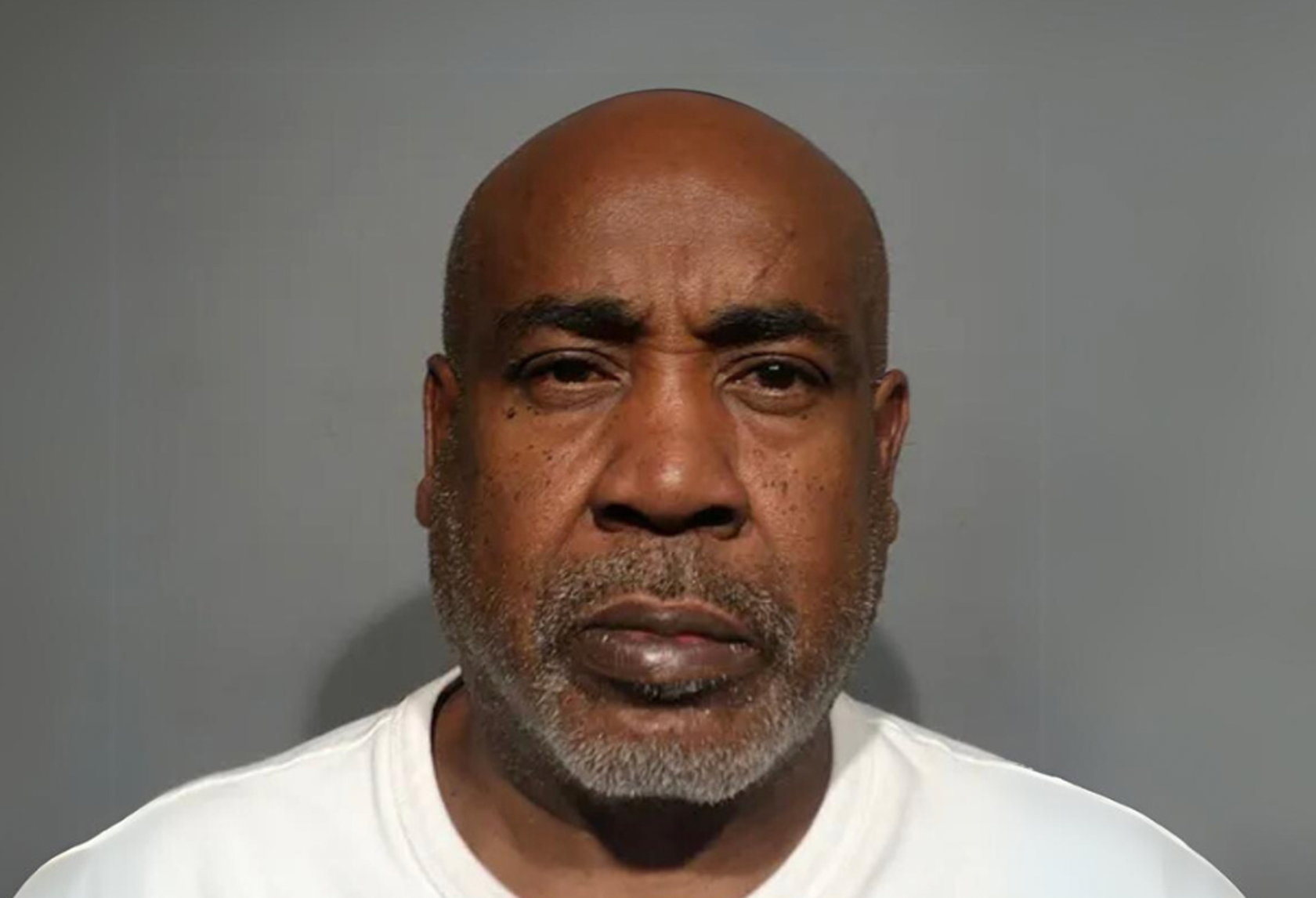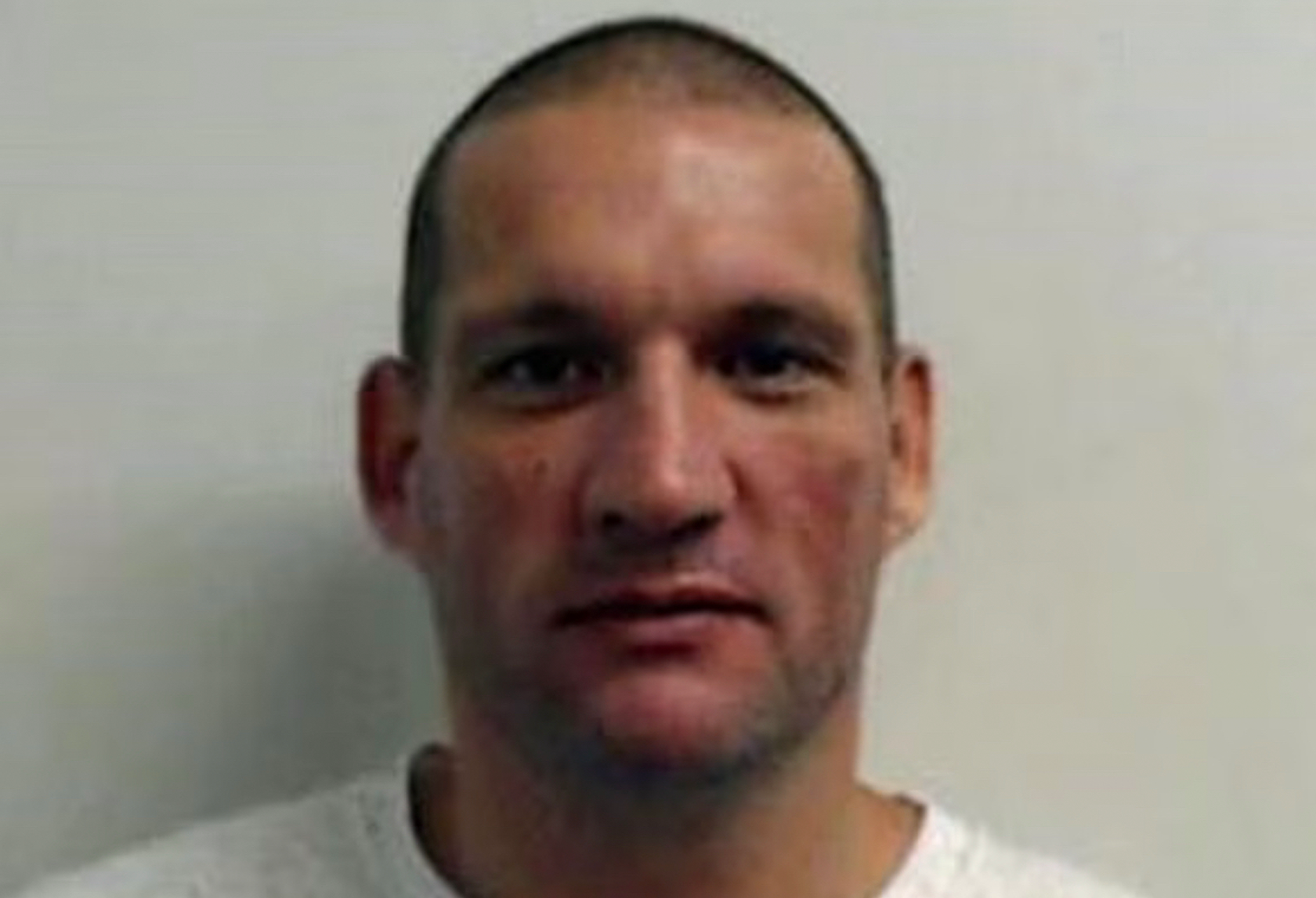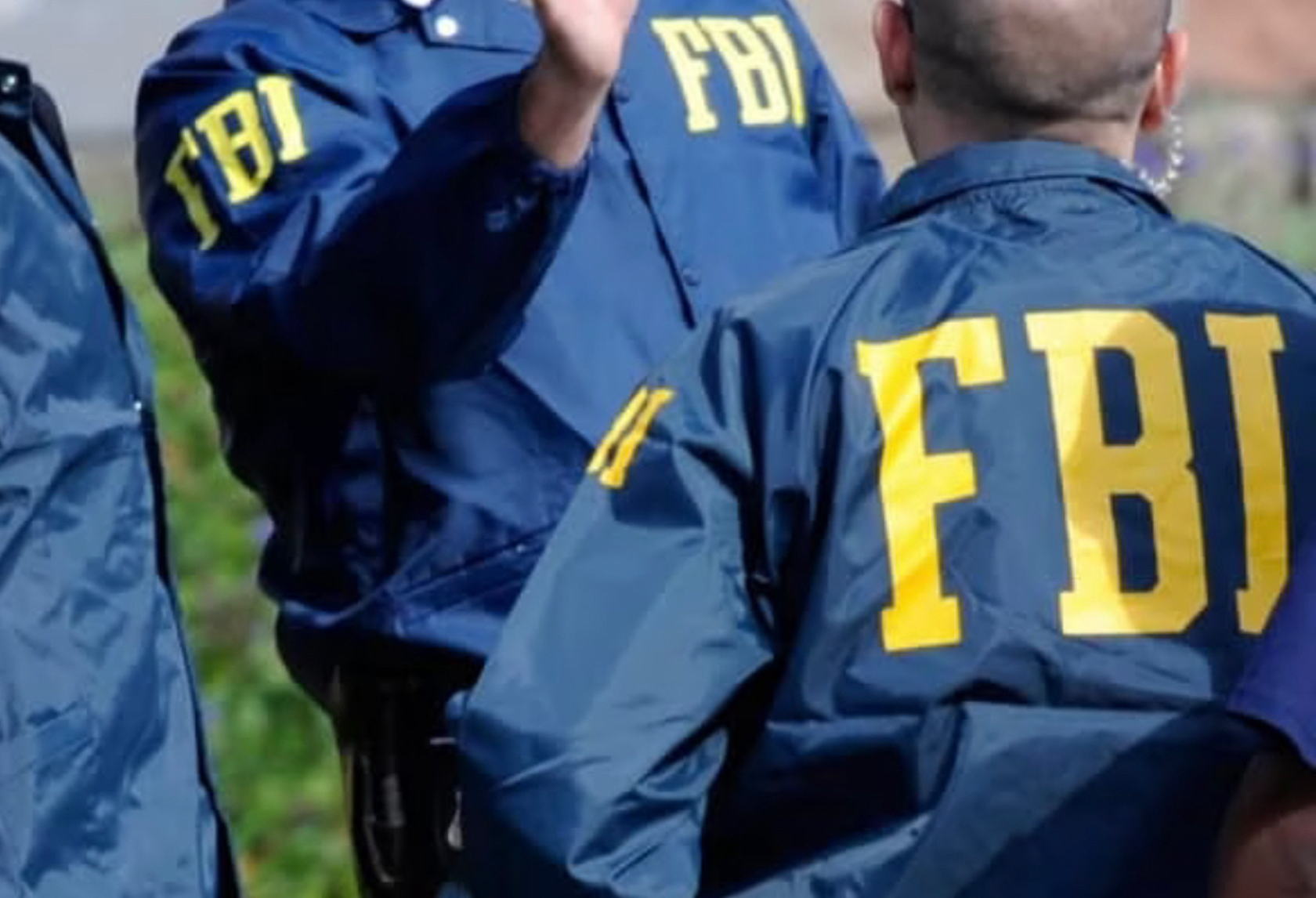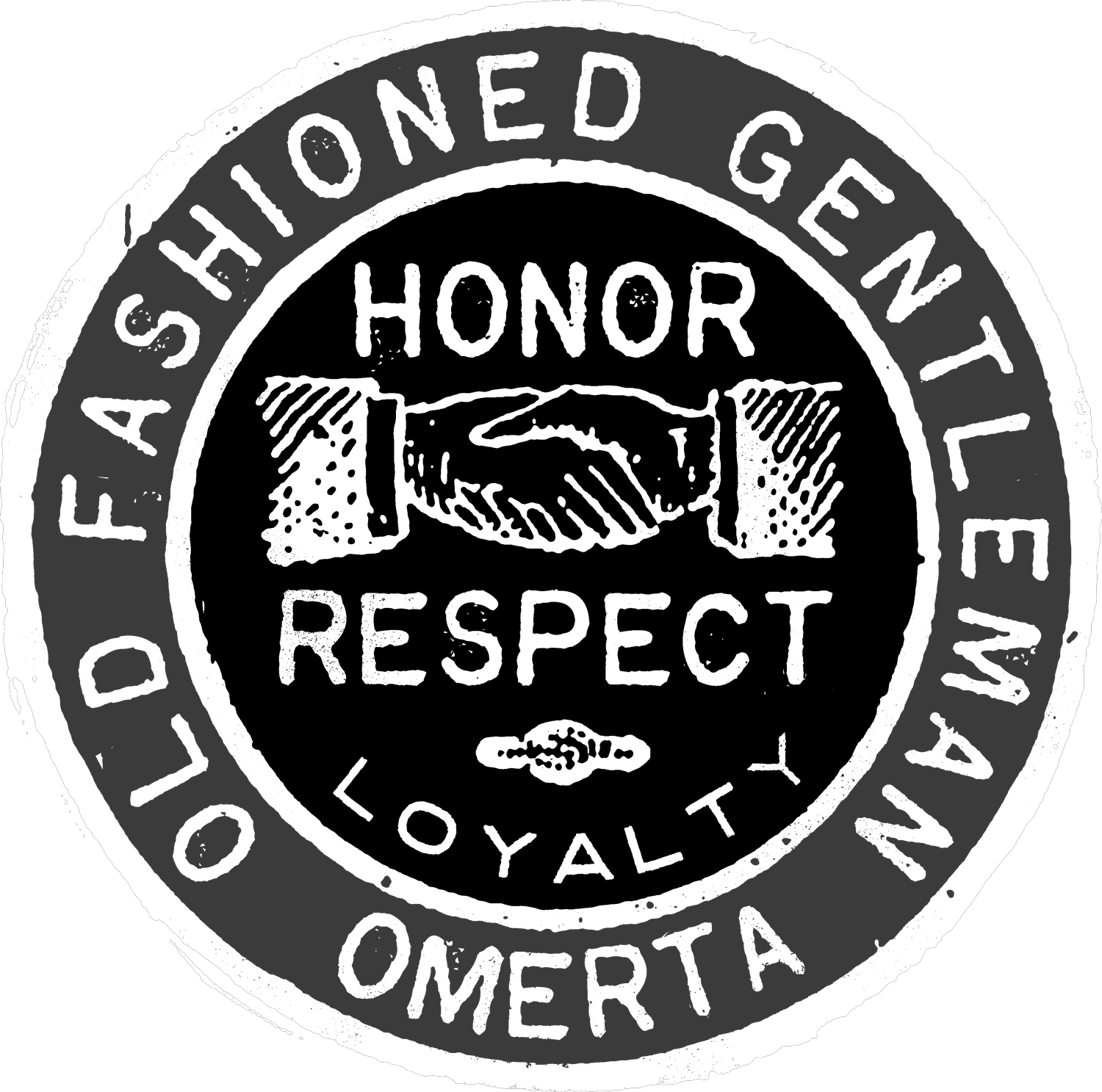Top Stories

FEATURED ITEM
MOST POPULAR

"The Surgeon: Unveiling Cleveland's Dark Legacy"

Unveiling Tupac: The Power of Dialogue

The Supreme Court's recent rejection of the NFL's request for broad antitrust law protection has sparked a significant debate within the sports industry. In a unanimous decision, the court ruled that the NFL must be considered as 32 separate teams rather than one big business when it comes to selling branded items such as jerseys and caps.
Retiring Justice John Paul Stevens, who wrote the opinion, emphasized that although the NFL teams share common interests in promoting the league's brand, they are still independent profit-seeking entities. This means that their interests in licensing team trademarks may not always align with each other.
The case originated from an antitrust suit filed by American Needle, Inc., a former hat maker for the NFL. The company claimed that the league violated antitrust laws by freezing them out of the NFL-licensed hatmaking business and granting an exclusive 10-year license to Reebok International Ltd. American Needle lost the initial case but appealed to the Supreme Court, while the NFL hoped to receive broader protection from antitrust lawsuits.
The Supreme Court's decision acknowledges the "special characteristics" of professional sports leagues, including the need for competitive balance. It recognizes that decisions made collectively by independent competitors may be deemed unlawful. The court stated that the NFL teams' shared interest in the success of the league and their cooperation in producing NFL football provide a justifiable basis for making collective decisions.
The immediate outcome of this ruling is that American Needle's claim will be sent back to the federal district court in Chicago, where the case will resume in its early stages. The NFL expressed confidence that it would ultimately prevail, asserting that its decision to grant an exclusive license to Reebok was reasonable, pro-competitive, and lawful. Importantly, the Supreme Court's decision does not impact collective bargaining, which is governed by labor law.
The NFL Players Association (NFLPA) also welcomed the ruling, considering it a victory for players past, present, and future, as well as for the fans. NFLPA executive director DeMaurice Smith emphasized that while the ruling is positive, the focus remains on reaching a fair and equitable Collective Bargaining Agreement. He expressed hope that the decision would encourage the NFL to negotiate in good faith and avoid a potential lockout.
This Supreme Court ruling has far-reaching implications for the NFL and other professional sports leagues. It underscores the importance of recognizing the individual interests of teams within a league while also acknowledging the necessity of collective decisions for the overall success of the league. As this case resumes in the lower court, the sports industry waits to see how this decision will shape future antitrust disputes and the balance between individual team autonomy and league-wide cooperation.
The Supreme Court's recent rejection of the NFL's request for broad antitrust law protection has sparked a significant debate within the sports industry. In a unanimous decision, the court ruled that the NFL must be considered as 32 separate teams rather than one big business when it comes to selling branded items such as jerseys and caps.
Retiring Justice John Paul Stevens, who wrote the opinion, emphasized that although the NFL teams share common interests in promoting the league's brand, they are still independent profit-seeking entities. This means that their interests in licensing team trademarks may not always align with each other.
The case originated from an antitrust suit filed by American Needle, Inc., a former hat maker for the NFL. The company claimed that the league violated antitrust laws by freezing them out of the NFL-licensed hatmaking business and granting an exclusive 10-year license to Reebok International Ltd. American Needle lost the initial case but appealed to the Supreme Court, while the NFL hoped to receive broader protection from antitrust lawsuits.
The Supreme Court's decision acknowledges the "special characteristics" of professional sports leagues, including the need for competitive balance. It recognizes that decisions made collectively by independent competitors may be deemed unlawful. The court stated that the NFL teams' shared interest in the success of the league and their cooperation in producing NFL football provide a justifiable basis for making collective decisions.
The immediate outcome of this ruling is that American Needle's claim will be sent back to the federal district court in Chicago, where the case will resume in its early stages. The NFL expressed confidence that it would ultimately prevail, asserting that its decision to grant an exclusive license to Reebok was reasonable, pro-competitive, and lawful. Importantly, the Supreme Court's decision does not impact collective bargaining, which is governed by labor law.
The NFL Players Association (NFLPA) also welcomed the ruling, considering it a victory for players past, present, and future, as well as for the fans. NFLPA executive director DeMaurice Smith emphasized that while the ruling is positive, the focus remains on reaching a fair and equitable Collective Bargaining Agreement. He expressed hope that the decision would encourage the NFL to negotiate in good faith and avoid a potential lockout.
This Supreme Court ruling has far-reaching implications for the NFL and other professional sports leagues. It underscores the importance of recognizing the individual interests of teams within a league while also acknowledging the necessity of collective decisions for the overall success of the league. As this case resumes in the lower court, the sports industry waits to see how this decision will shape future antitrust disputes and the balance between individual team autonomy and league-wide cooperation.
Related Articles

"The Boxing World Holds Its Breath: Larry Merchant's Critical Condition Shakes the Community"

From Tragedy to Triumph: Michael Jordan's Journey of Resilience

The Legendary Koufax: Own a Piece of Baseball History

Namath's Dance with Danger: The Untold Story of Broadway Joe and the Mob

The Great Securitas Heist: A Daring Crime, a Costly Mistake

The NFL's Antitrust Battle: Unanimous Supreme Court Ruling Sparks Industry Debate
Newest Releases
SHOP THE COMPLETE OMERTA STOREFEATURED ITEM
MOST POPULAR
ADVERTISMENT


















